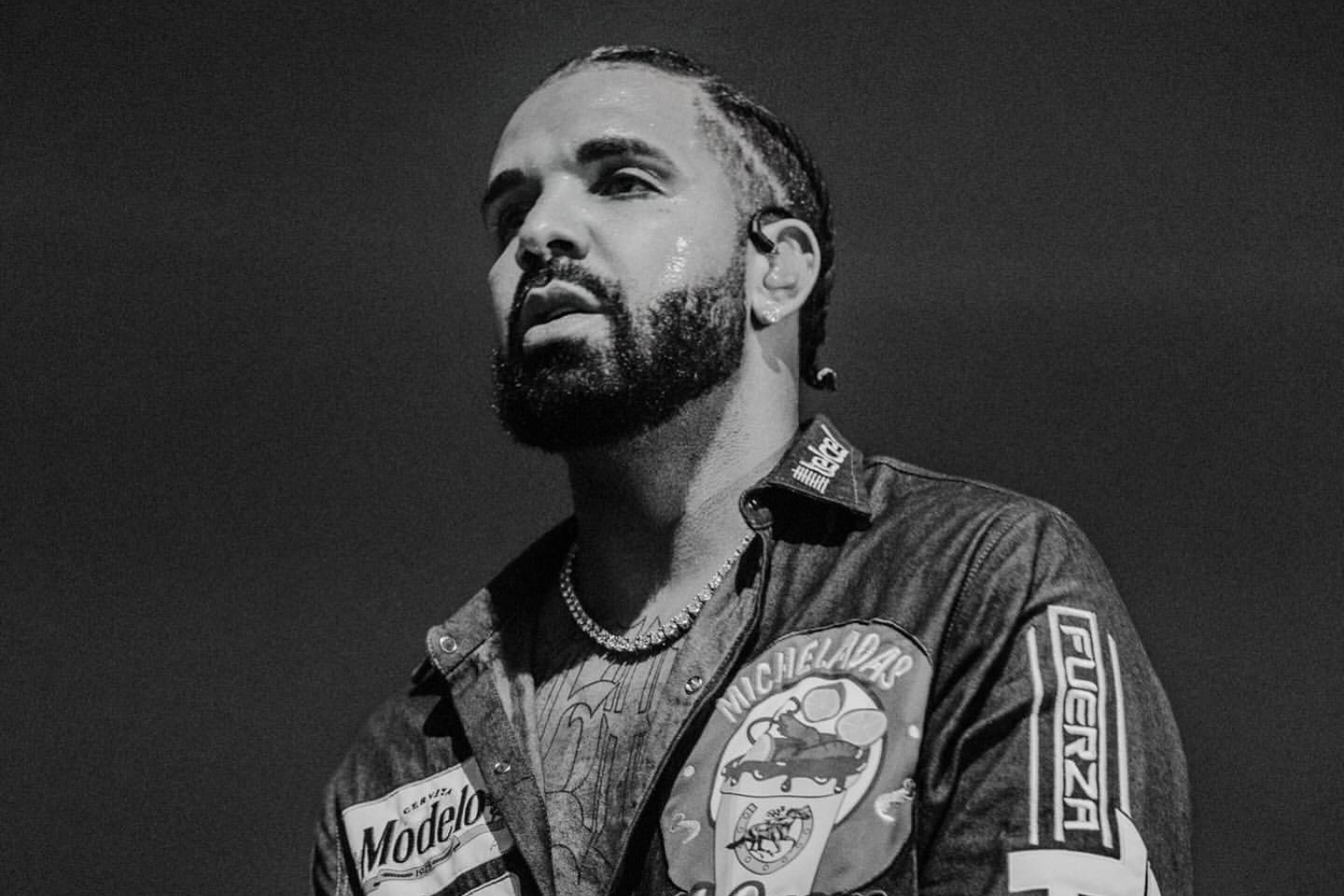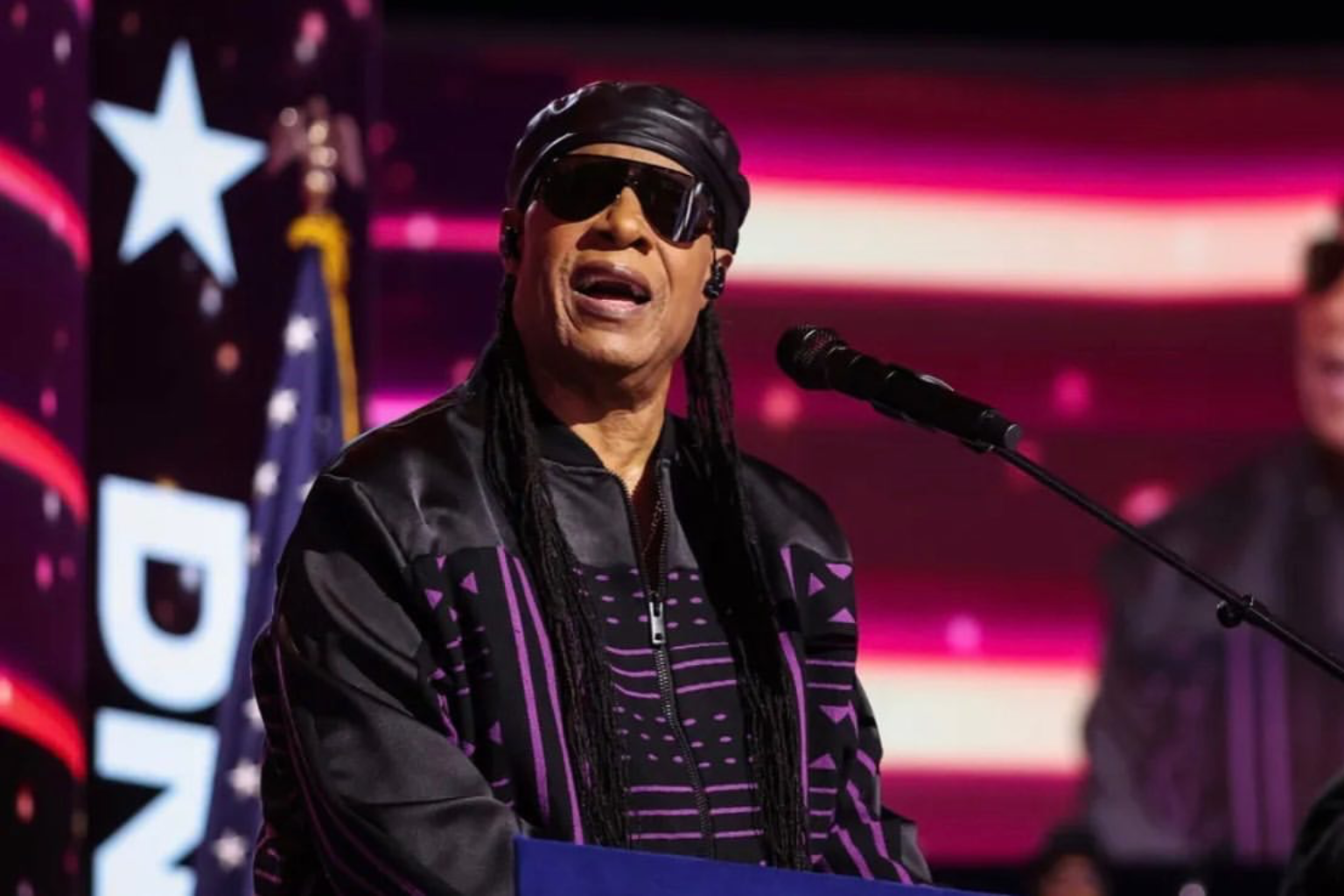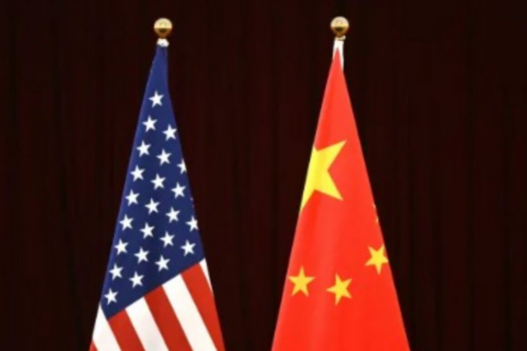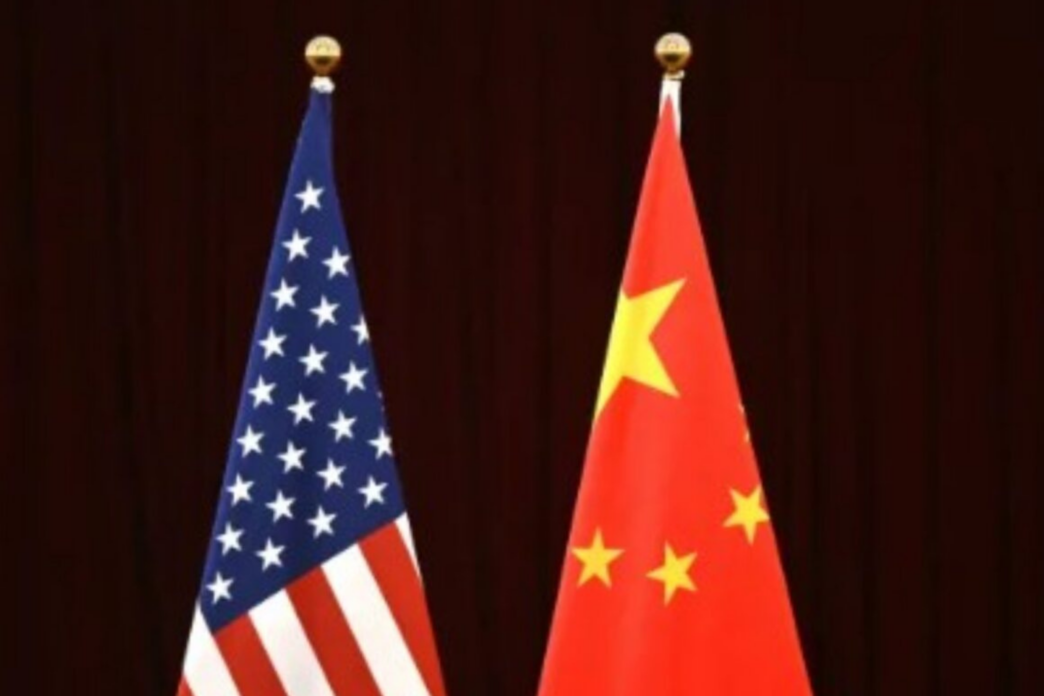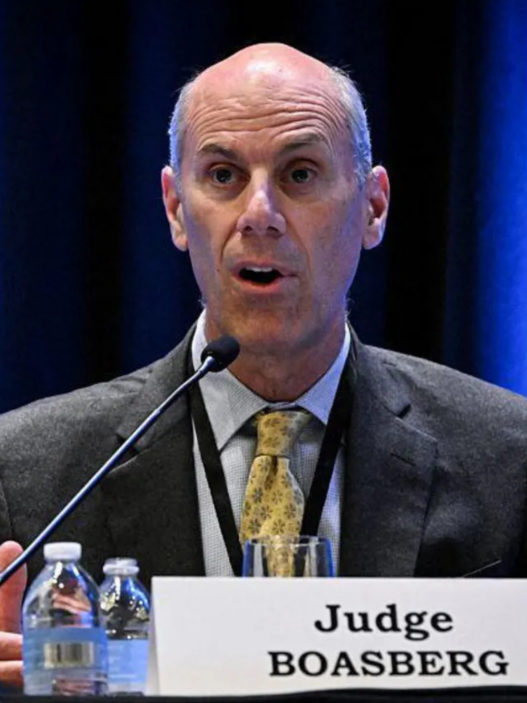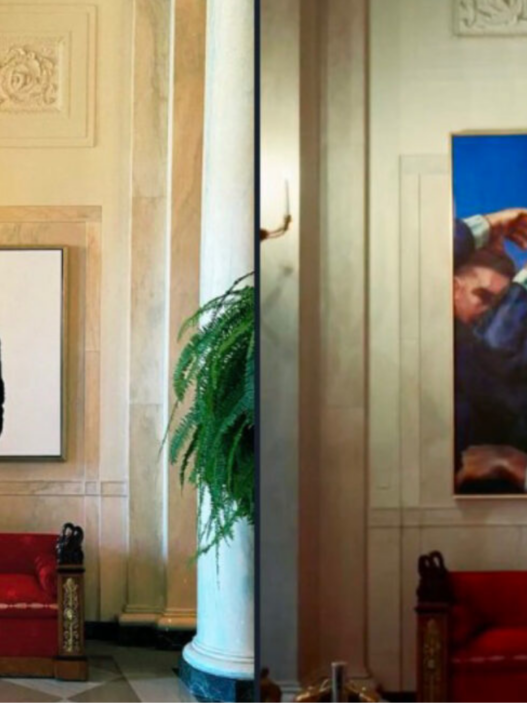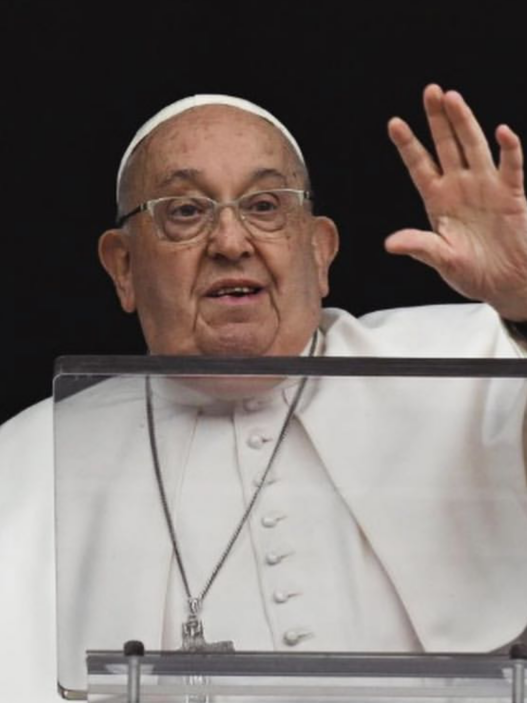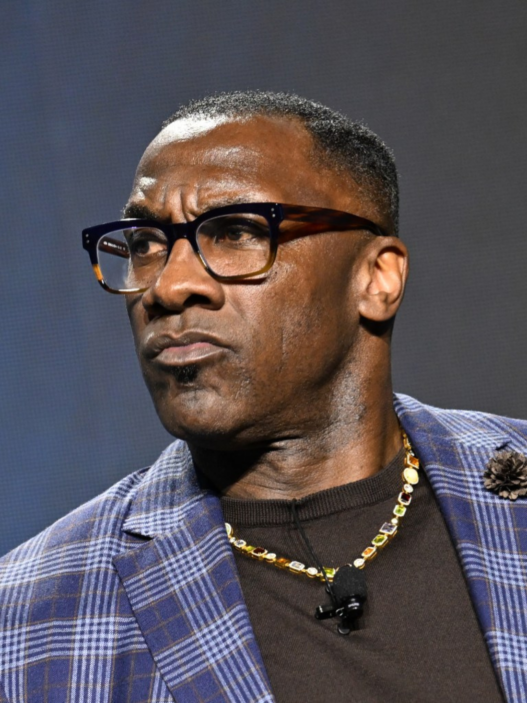President Xi Is Scheduled To Visit Vietnam, Malaysia, And Cambodia Next Week, Where The Escalating Trade Conflict Is Expected To Dominate Discussions As China Seeks To Build Alliances Against U.S. Trade Pressure. Beijing – In a sharp escalation of the ongoing trade war, China announced on Friday that it will increase tariffs on American goods to 125 percent, effective Saturday. The move marks the latest retaliation against a barrage of levies imposed by U.S. President Donald Trump, whose tariff strategy Beijing dismissed as “a numbers game” lacking economic rationale.
The Chinese Finance Ministry declared that further tariff actions from the United States would be ignored, asserting that American goods had become virtually unmarketable in China under current tariff levels. “There is no possibility of market acceptance for U.S. goods exported to China,” a ministry spokesperson stated. The announcement follows a week of intense market volatility, with both Washington and Beijing exchanging economic blows that have rippled through global financial systems. Trump’s aggressive tariff campaign—meant to pressure manufacturers to relocate to the U.S. and to push countries to reduce trade barriers—has led to sweeping duties across dozens of major economies. This week, he raised tariffs on Chinese imports to a staggering 145 percent, even as he agreed to pause others for 90 days.
Beijing, however, seems unimpressed by the temporary freeze. “If the U.S. continues to play the tariff numbers game, China will ignore it,” said a spokesperson for the Commerce Ministry. China also revealed plans to file a complaint with the World Trade Organization over Washington’s latest tariffs. Trump: “In the End, It’s Going to Be a Beautiful Thing”
President Trump has downplayed the growing unease in global markets, acknowledging the “transition costs” of his tariff tactics but insisting they are necessary for long-term economic gains. “In the end, it’s going to be a beautiful thing,” he told reporters. While Trump praised the European Union for holding off on retaliatory tariffs, EU Commission President Ursula von der Leyen told Financial Times the bloc remains prepared with a “wide range of countermeasures” if negotiations falter. French President Emmanuel Macron echoed the sentiment, urging Europe to continue developing a robust response. China, EU Urged to Unite Against “Unilateral Bullying” During a meeting with Spanish Prime Minister Pedro Sanchez, Chinese President Xi Jinping called on Europe and China to join forces against what he termed “unilateral bullying practices.” Xi emphasized the need for global cooperation to protect fair trade and international justice. Markets React to Trade Turmoil The uncertainty triggered by the U.S.-China standoff shook markets across Asia and Europe. Japan’s Nikkei plunged more than four percent, reversing gains from the previous day, while Sydney, Seoul, and Singapore also saw significant drops. European markets followed suit after China’s tariff announcement. Oil prices and the U.S. dollar declined amid fears of a global economic slowdown, while gold soared to a record high above $3,200 per ounce. U.S. Treasuries, typically seen as safe assets, saw sharp sell-offs as investor confidence wavered. “The sugar high from Trump’s tariff pause is fading fast,” said Stephen Innes, Managing Partner at SPI Asset Management. “The world’s two largest economies are now in a full-blown trade war—and there are no winners.” Global Reactions and Alliances Trump’s critics say his trade policies are causing widespread disruption to global supply chains, alienating allies, and increasing prices for American consumers. Nevertheless, Commerce Secretary Howard Lutnick remained upbeat, calling the situation the beginning of a “Golden Age” for the U.S. economy. Trump warned that if current trade talks fail, the paused tariffs could return. “If we can’t make the deal we want to make… then we’d go back to where we were,” he said. Meanwhile, global leaders are taking steps to insulate their economies. Canadian Prime Minister Mark Carney welcomed Trump’s pause as a “reprieve” and said Ottawa would pursue a new economic agreement after its April 28 elections. Vietnam and Pakistan have also signaled readiness for trade talks with Washington. President Xi is scheduled to visit Vietnam, Malaysia, and Cambodia next week, where the escalating trade conflict is expected to dominate discussions as China seeks to build alliances against U.S. trade pressure.
